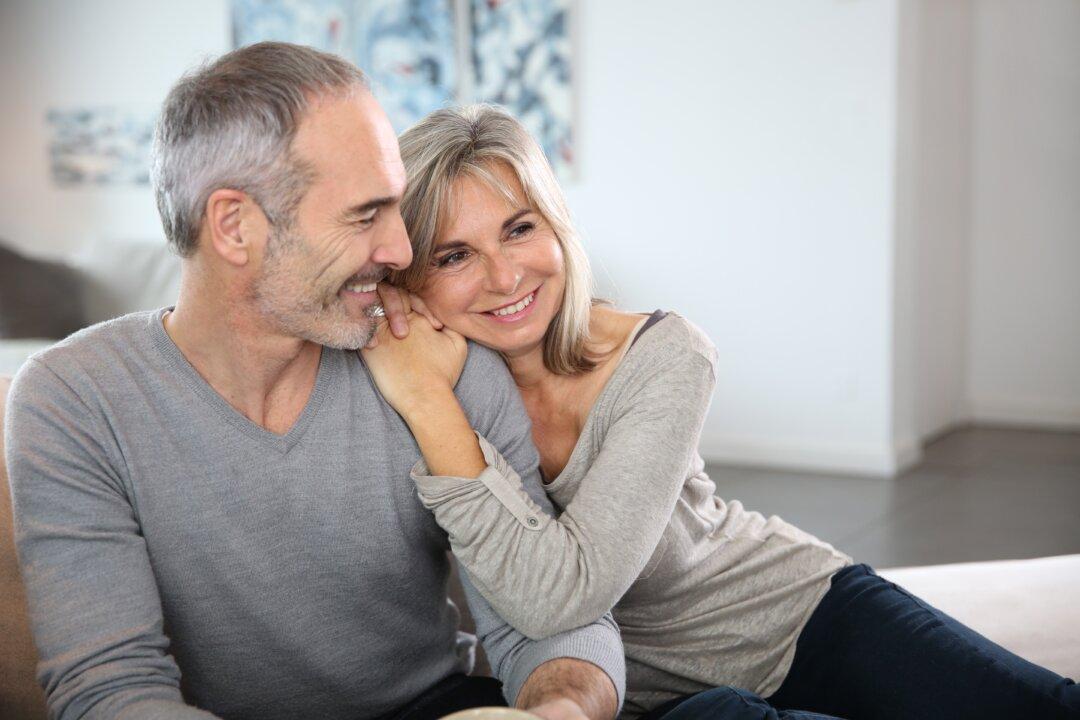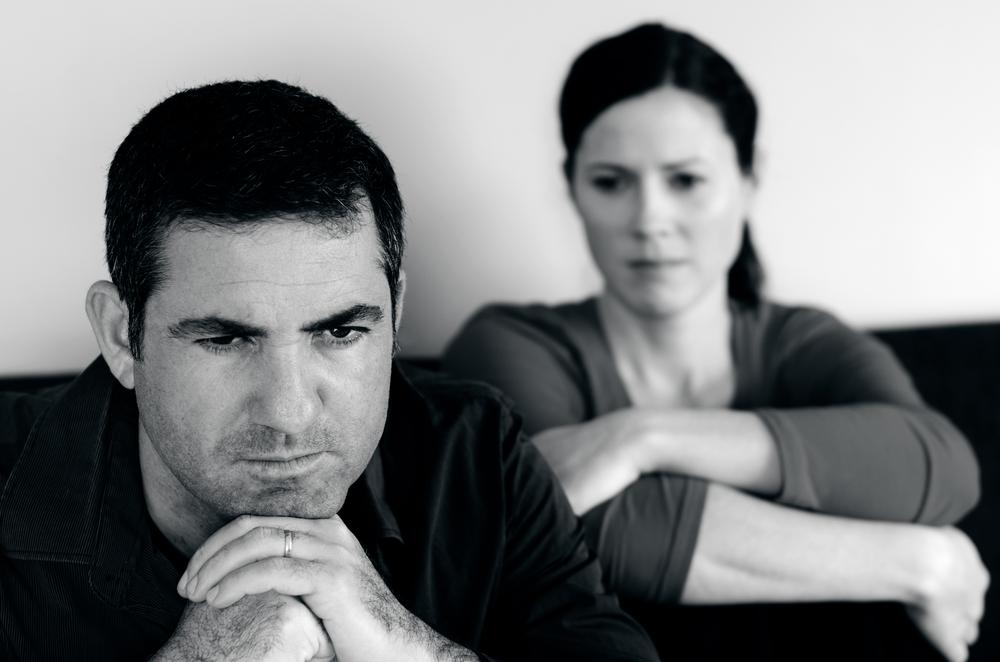Most of us have heard the term “freshman 15,” referring to the 15 pounds many college students gain during their first year away from home. But a similar phenomenon occurs for many adults over the winter. When it’s cold and we spend more time inside, we humans go through our own hibernation process, which often results in overeating and an uptick in clothing size or a full-on surrender to sweatpants.
But it’s not just the winter months. COVID has also made food an attractive way to manage the fear, anxiety, and uncertainty of the last two years. Food has offered comfort, pleasure, and distraction, as well as a solution to boredom. Predictably, many people have ended up with extra weight, which now has its own name: “the COVID 15.”






